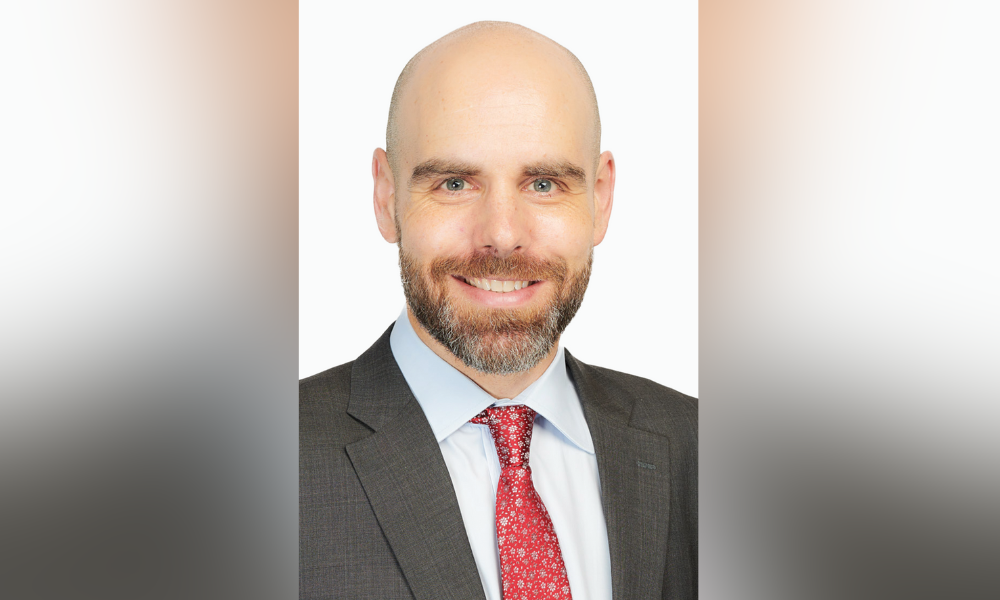North America is faring better than Europe and the U.K., but there are warning signs

Given that the recession hasn’t yet begun, one chief economist is saying that it probably won’t happen until 2023 and the markets are ready for it.
“One would normally expect a recession within the next several quarters,” Eric Lascelles, the chief economist for RBC Global Asset Management, said. “We maintain the view that a recession is substantially more likely than not over the next year.
“The consensus economic forecast has not fallen to the point that a mild recession is priced in for 2023. Although the consensus for the year as a whole is still for a marginally positive number - +0.2% U.S. GDP growth – that is weak enough to contain a few quarters of declining output.”
Lascelles said RBC had been calling for a deeper recession, although it may only be moderately deep compared to the historical average. That would involve a steeper 0.6% decline in the U.S.’s 2023 GDP.
RBC is moderating its earlier forecast this year when it said it expected a recession to start between the last quarter of 2022 and mid-2023. Given that the labour market and economy have proven more resilient than expected, RBC now is not expecting the recession to hit North America this year, even though it’s already impacting the Eurozone and United Kingdom.
RBC is expecting that North America could go into a recession in the first half of 2023, but it noted that it could even be in the latter half of next year.
“What would support a delayed recession?” Lascelles asked. “In addition to the sheer economic resilience on display so far, despite a range of headwinds, one might point to the classically lagged impact of rising interest rates. The full transmission of monetary policy theoretically takes about 18 months to play out.”
Given that the Federal (Fed) Reserve’s first rate hike was in March 2022, Lascelles said its full effect won’t be incorporated into the economy until September 2023, and the rest of the Fed’s tightening in the last half of 2022 won’t be fully absorbed until the first half of 2024.
“An 18-month monetary transmission horizon doesn’t mean that rate hikes have no effect for the first 17 months,” he added. “Instead, there is an immediate, even anticipatory, effect given that rate hikes are usually anticipated by the bond market. It’s only the last vestiges of drag that arrive 18 months later.”
While this has probably been the most anticipated recession in history, Lascelles said that, despite the rising interest costs in 2022, consumer delinquencies are still declining. Household and businesses are also relying on higher savings accumulated during the pandemic. But, there are still a lot of headwinds with interest rate hikes, high inflation, high gas prices, Russian sanctions, a stumbling Chinese economy, and tight financial conditions already impacting the economy.
“Our business cycle work argues that a recession is near,” said Lascelles, warning advisors what to brace for as the recession keeps approaching.



